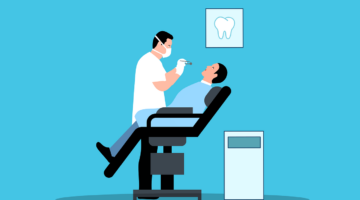
TOP STORIES
Mortality rates in U.S. emergency rooms fell by nearly 50 percent from 1997-2011. Citing a study in Health Affairs, the study concluded that advances in palliative and hospice care played a role. But it also listed other factors such as pre-hospital resuscitation policy changes, improved quality for Medicaid and Medicare patients. — Becker’s Infection Control and Clinical Quality
China healthcare spending has soared to $3.9 billion in overseas acquisitions across pharma, biotech and healthcare through the first half of the year. China’s domestic market is fragmented so the idea is that an overseas acquisition could help the likes of Fosun Pharmaceuticals and Creat Group Corp. diversify their portfolios and identify new opportunities for growth. — Bloomberg
LIFE SCIENCES
In a $90 million deal, Amicus acquired Miamed which has a treatment in pre-clinical development for a rare neurological for which there is currently no cure—cyclin-dependent kinase-like 5 (CDKL5) deficiency. — FierceBiotech
PAYERS-PROVIDERS
Mount Sinai Health System is making an app available to patients called MountSinaiNY to make doctor appointments, pay hospital bills and access medical records through MyMountSinaiChart. — HealthcareIT News
TECHNOLOGY
National Institute of Health Clinical Center commissioned Connexient to develop an indoor navigation app for visitors to find their way around their 322 acre clinical research institution. The result is Take Me There. — MobiHealthNews
POLITICS
CMS has irked the American Hospital Association over its plan to stop paying hospitals’ off-campus ambulatory facilities at the same rate as hospital-based outpatient departments. “We are extremely dismayed by the short-sighted policies in today’s proposed rule,” AHA Executive Vice President Tom Nickels said. — Modern Healthcare, AHA
A LITTLE BIT EXTRA
The discovery of a molecular pain switch is driving biotech companies to develop pain medications that can activate that switch to relieve pain without causing addiction. — Scientific American, STAT News
Photo: Big Stock Photo










